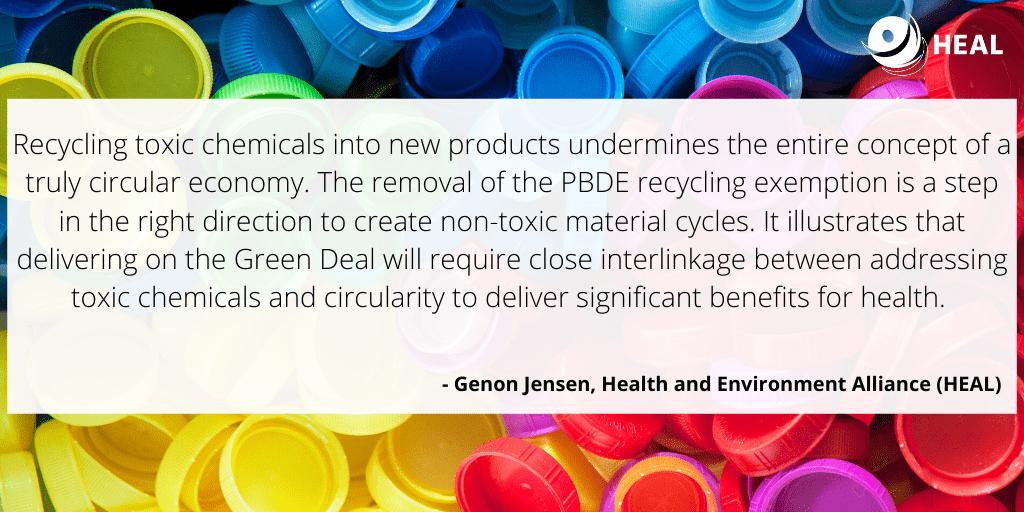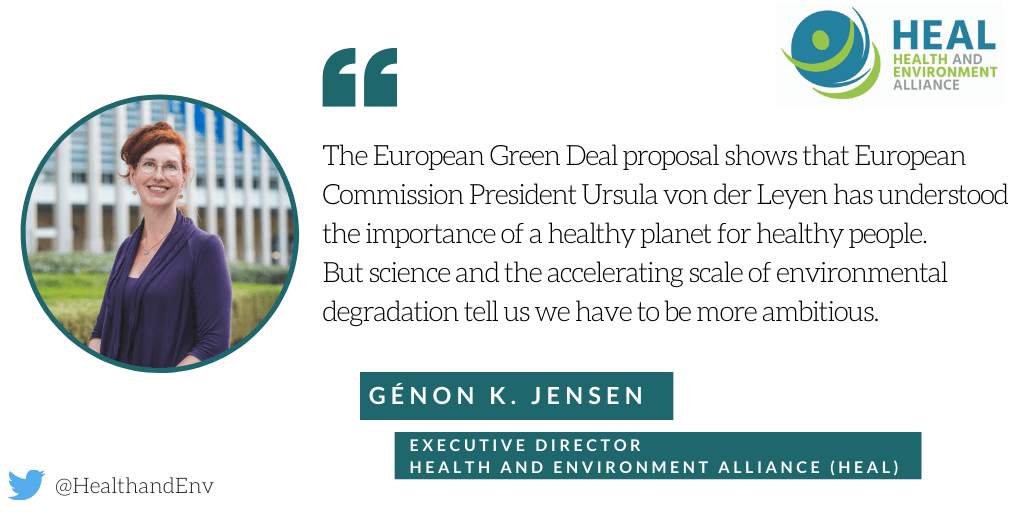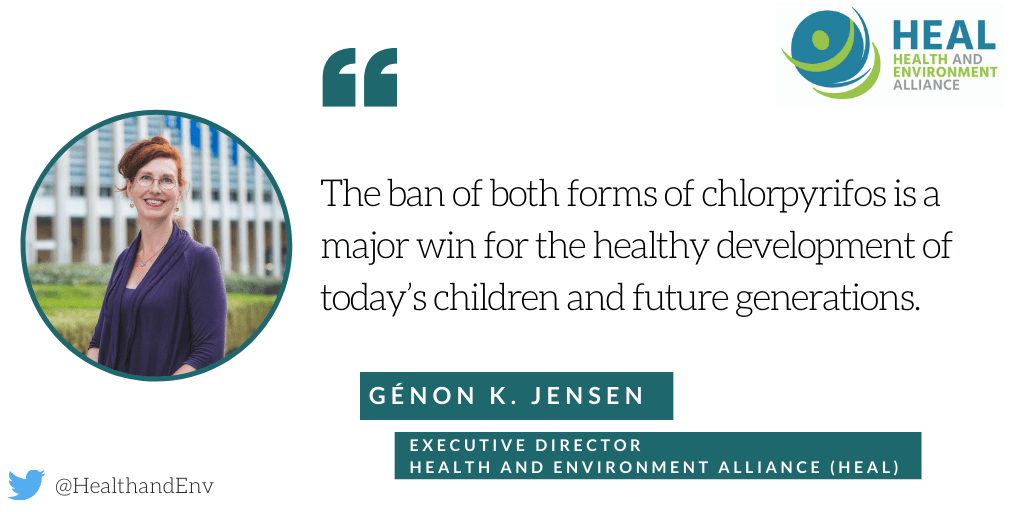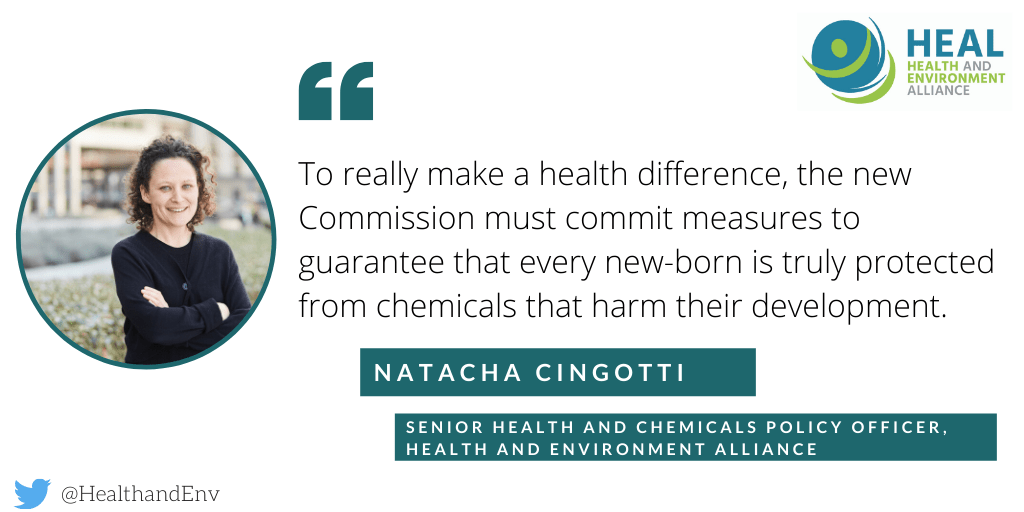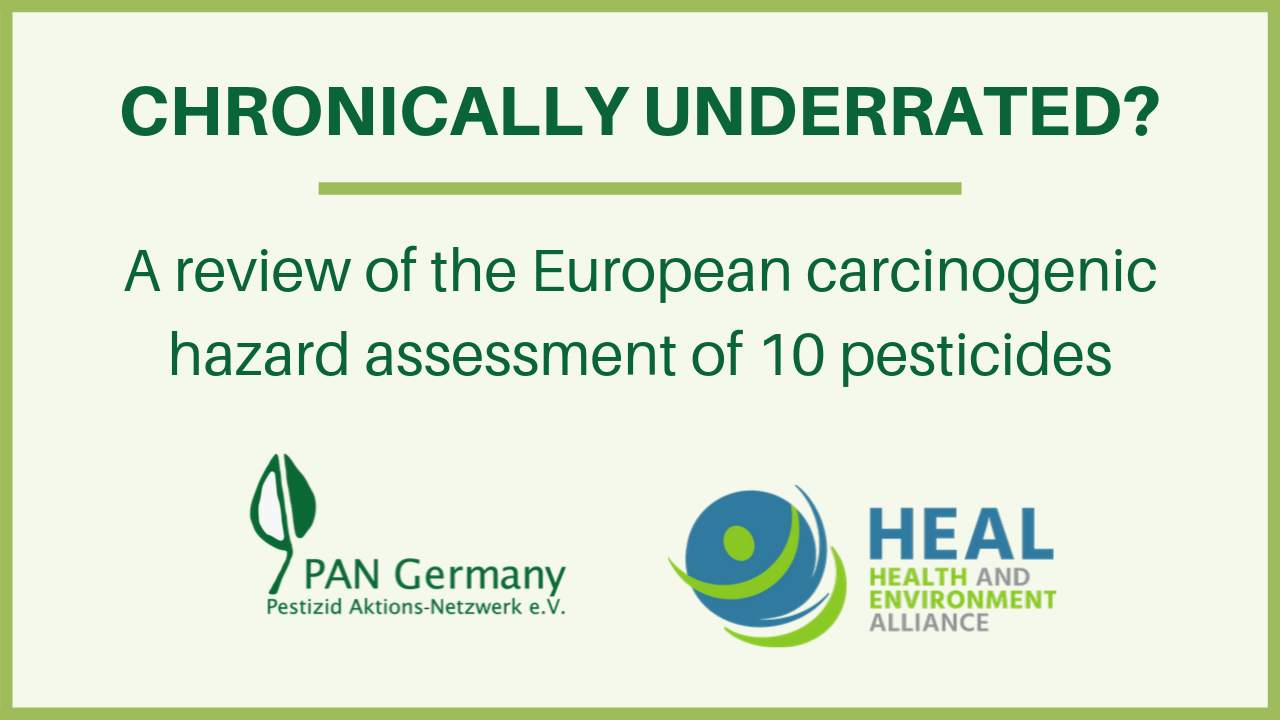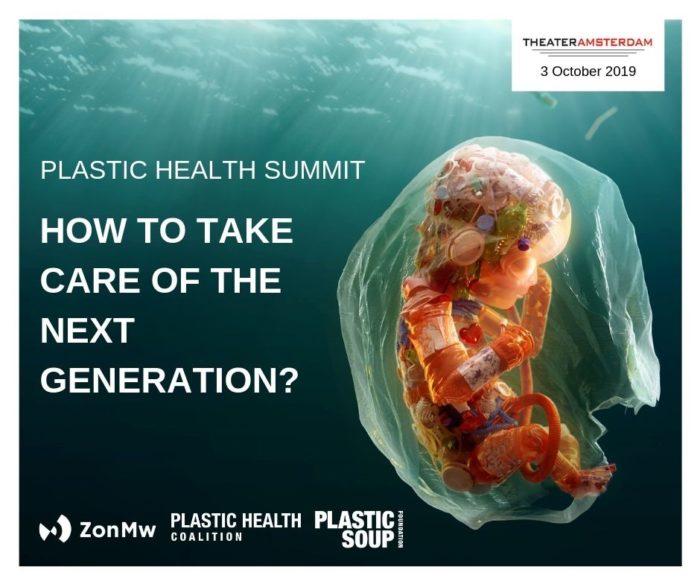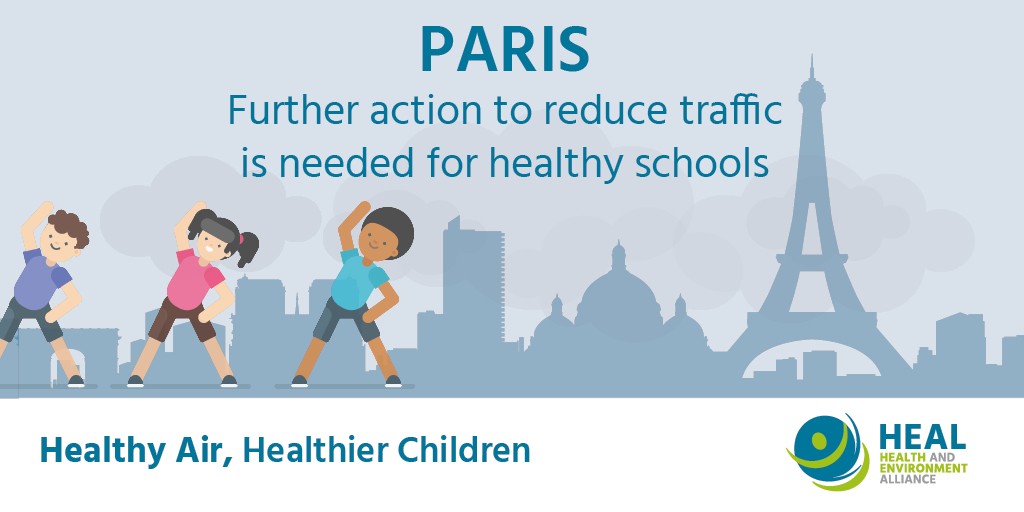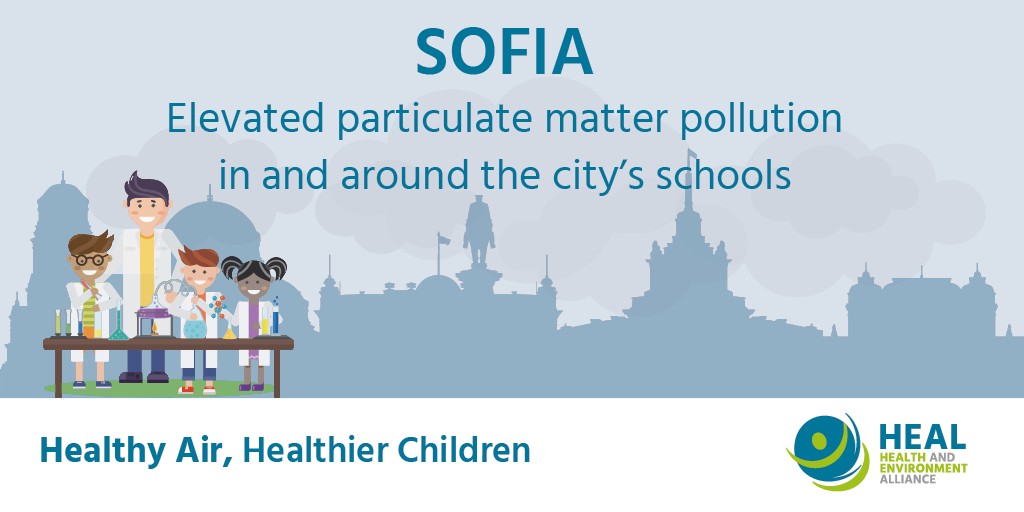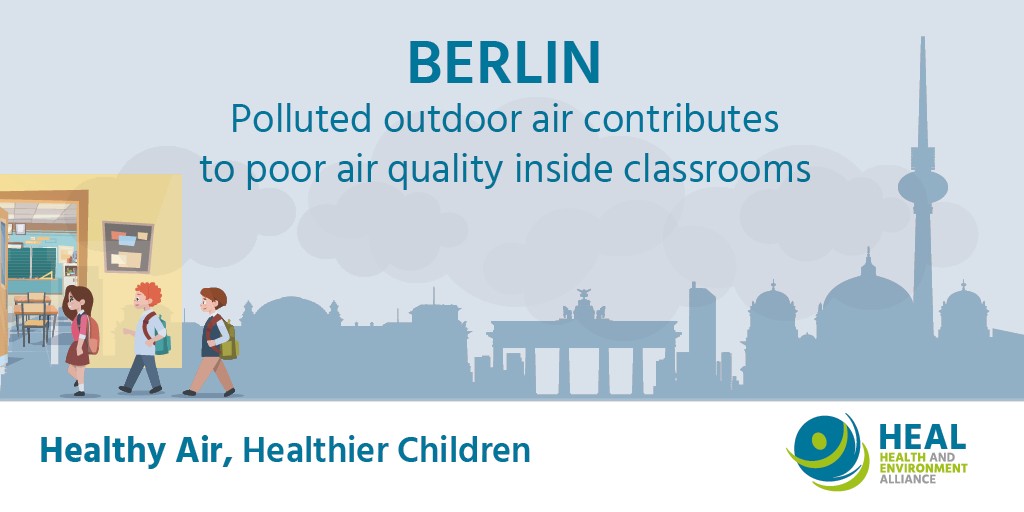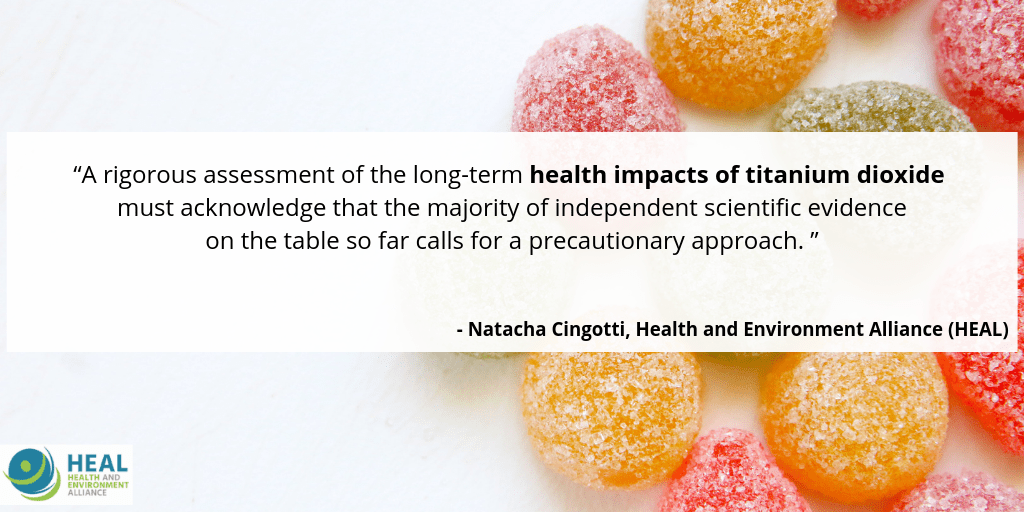Environmental health groups celebrate end to EU allowance for banned flame retardant chemicals to enter recycling streams & new products
The European Union (EU) just took an important step towards cleaning up its recycling; it will no longer allow materials containing a class of toxic and globally banned flame retardants - known as PBDEs - to be recycled.

